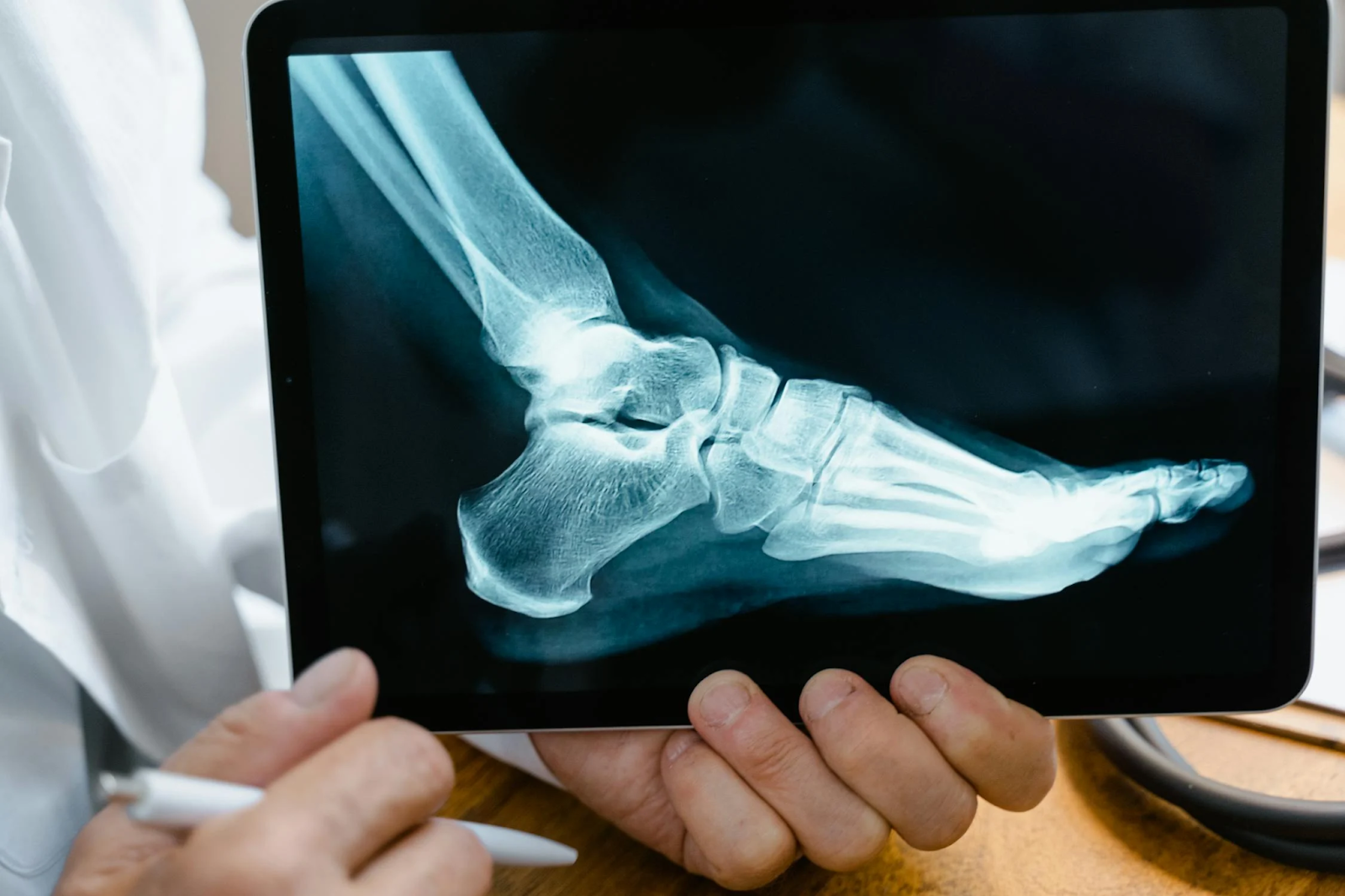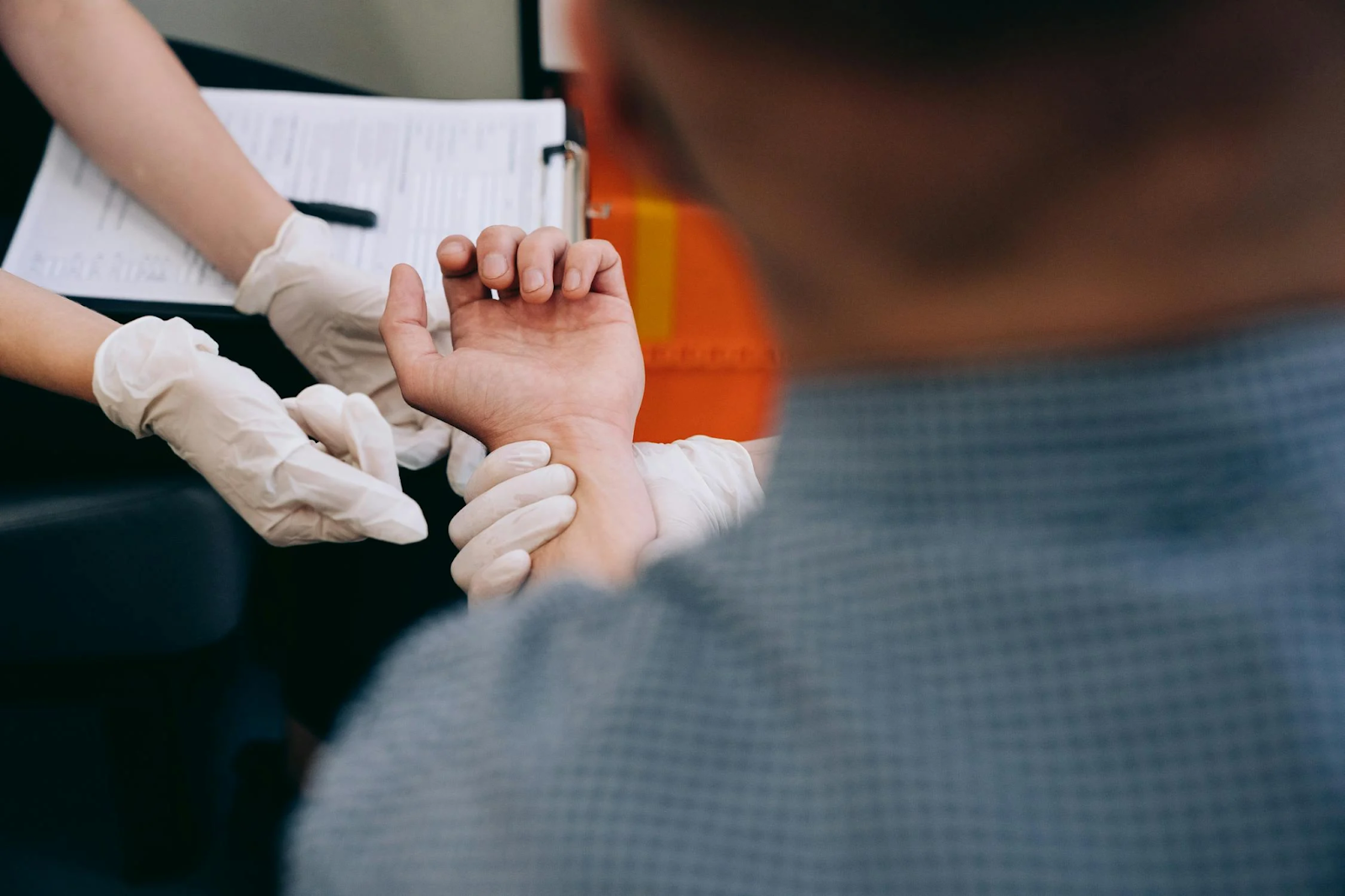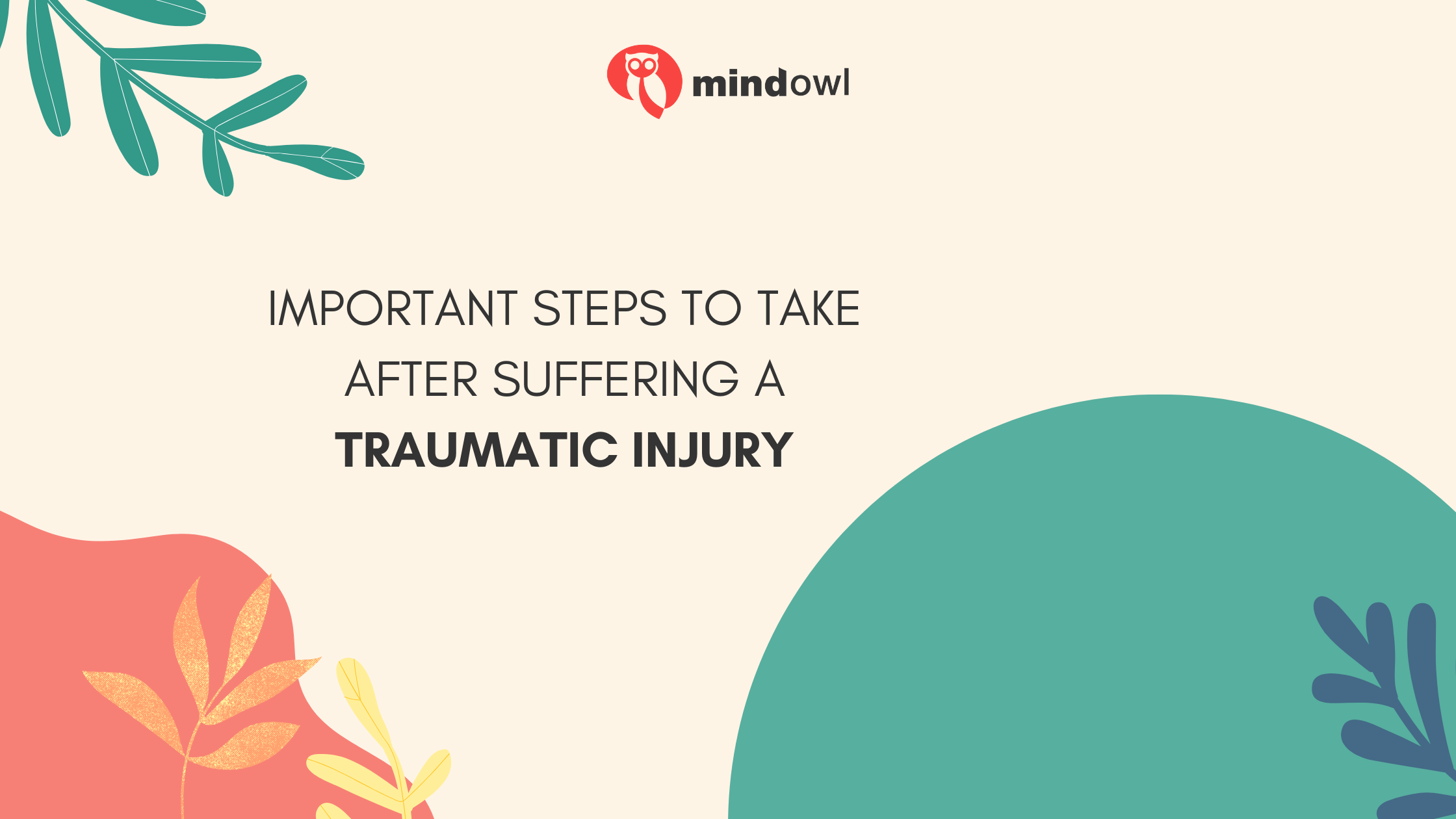Experiencing a traumatic injury can be a life-altering event, presenting a multitude of challenges that can impact physical, emotional, and financial well-being. Immediately following such an event, it’s crucial to stay calm and focused on the steps you need to take to ensure proper recovery and avoid complications. Understanding how to navigate the aftermath of a traumatic injury can empower you to make informed decisions. This article will outline essential steps for managing your situation effectively, from obtaining proper medical care to seeking legal advice, should it become necessary.

Seek Immediate Medical Attention
The first and most important step after sustaining a traumatic injury is to seek immediate medical attention. Depending on the severity of your injuries, this could mean calling an ambulance or going to the nearest emergency room. Medical professionals can assess your condition and provide the necessary treatments, which can include surgery, medications, or rehabilitation services. Even if you feel fine and believe your injuries may not be serious, it is vital not to underestimate the potential for internal damage that can arise from trauma. Prompt medical evaluation ensures that any serious conditions are identified and treated early, minimizing long-term effects.
Document Everything
Once you have received medical attention, start documenting everything related to your injury. Keeping detailed records can aid not only in your recovery but also if you need to seek legal advice later on. Make notes about the accident’s circumstances, including dates, times, locations, and names of any witnesses. Take photographs of injuries and the accident scene, if possible, to provide a visual account of what transpired. Where applicable, gather copies of medical records and bills incurred as a result of your injury. This thorough documentation is essential should you decide to pursue a claim, as it provides a factual basis that supports your case.
Communicate with Your Healthcare Providers
Effective communication with healthcare providers during your recovery is paramount. Keep them informed of any changes in your symptoms or any new issues that arise. Be open about your medical history and ensure you understand your treatment plan. Not only can this improve your recovery outcomes, but ongoing discussions about your injury can also ensure that you receive appropriate follow-up care. If you require therapy or rehabilitation, inquire about the different options available to tailor a program specific to your needs. Healthcare providers can guide you toward resources, such as support groups or mental health services, to help cope with the psychological effects of trauma.
Understand Your Rights and Options
Knowing your rights following a traumatic injury is critical, especially if the injury resulted from someone else’s negligence. Familiarize yourself with local laws regarding personal injury and potential compensation claims. In many cases, consulting with a skilled attorney who specializes in personal injury can illuminate your options. For instance, firms like Morgan, Collins, Yeast & Salyer provide robust legal advice for navigating complex cases involving traumatic injuries. They can help you understand the nuances of your situation and ensure you receive the compensation you deserve for medical bills, lost wages, and pain and suffering.
Follow Treatment Plans Diligently
Adhering to prescribed treatment plans is vital for your recovery. This includes taking medications as directed, attending follow-up appointments, and participating in physical therapy if recommended. Neglecting your treatment may result in prolonged pain, reduced recovery quality, or even complications that could permanently affect your quality of life. Additionally, lack of compliance can adversely influence any legal claims you might pursue, as it may be interpreted as a lack of effort to recover. Building a supportive environment that encourages proper self-care can also make a significant difference in your dedication to treatment.
Consider Mental Health Support
Traumatic injuries often come with psychological effects such as anxiety, depression, or post-traumatic stress disorder (PTSD). Seeking mental health support can be an essential aspect of the recovery process. Therapy or counseling can provide a safe space for expressing your feelings and addressing the emotional turmoil caused by your injury. Ensure that you are open to discussing your mental health with your healthcare providers, and don’t hesitate to seek help from licensed mental health professionals. Understanding that emotional healing is just as important as physical recovery can help in regaining control over your life.

Recovering from a traumatic injury involves multiple critical steps that can significantly impact your future well-being. Prioritizing immediate medical care, thorough documentation, and effective communication with healthcare providers can lay the groundwork for a successful recovery. Understanding your rights concerning any potential claims is vital as well, enabling you to seek the compensation needed to cover your expenses. Seeking mental health support, adhering to treatment plans, and planning for ongoing care can enhance your recovery experience.
MindOwl Founder – My own struggles in life have led me to this path of understanding the human condition. I graduated with a bachelor’s degree in philosophy before completing a master’s degree in psychology at Regent’s University London. I then completed a postgraduate diploma in philosophical counselling before being trained in ACT (Acceptance and commitment therapy).
I’ve spent the last eight years studying the encounter of meditative practices with modern psychology.

